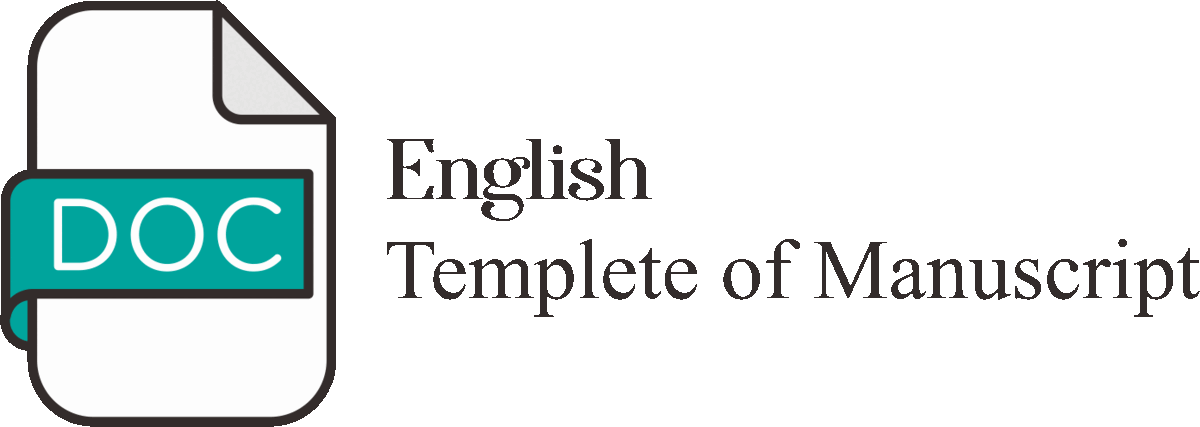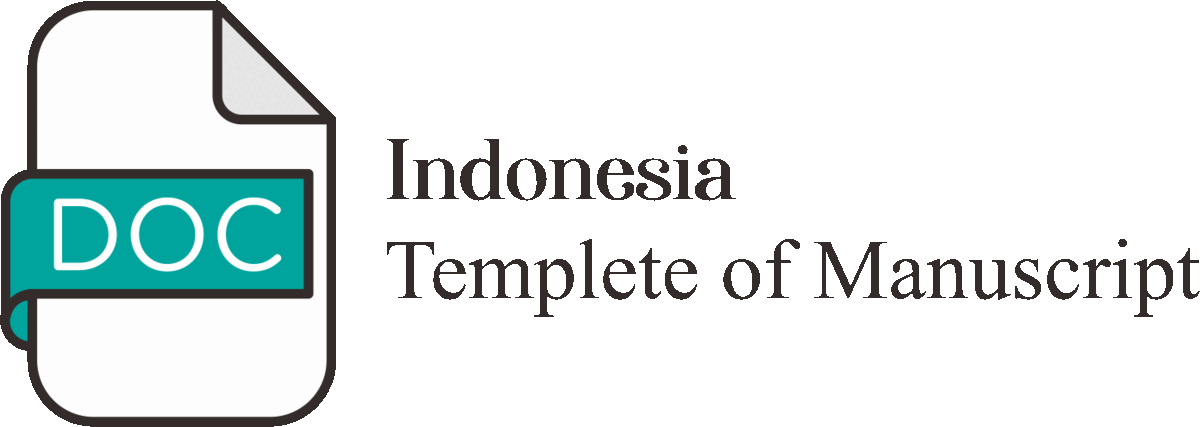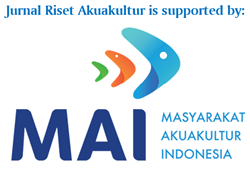PERFORMANSI PERTUMBUHAN DAN REPRODUKSI UDANG WINDU, Penaeus monodon YANG DIBERI PAKAN DENGAN PENAMBAHAN VITAMIN C DAN E
Abstract
Penelitian ini bertujuan mengevaluasi pengaruh penambahan vitamin C dan E dalam pakan terhadap performansi pertumbuhan dan reproduksi udang windu fase prematurasi. Dua pakan uji dengan perlakuan: penambahan vitamin C (mengandung ascorbic acid 406,1 mg/kg) dan vitamin E (mengandung 286,3 mg/kg) (PS), dan tanpa penambahan vitamin C dan E (PK). Hewan uji yang digunakan adalah udang windu fase prematurasi hasil budidaya berbobot awal 43,1±5,1 g untuk betina dan 41,9±4,4 g untuk jantan, dipelihara dalam 2 petak tambak beton berukuran 1000 m2 dengan kepadatan awal 100 ekor/tambak dan rasio udang jantan : betina adalah 4 : 6. Udang tersebut diberi pakan uji sebanyak 3% dari biomassa per hari selama 3 bulan di tambak. Selanjutnya udang dipindahkan ke bak pematangan gonad untuk mengevaluasi kinerja reproduksinya. Hasil penelitian menunjukan bahwa,laju pertumbuhan spesifik, total hemosit, jumlah sel sperma, gonada somatic indeks, dan hepatosomatic indeks cenderung lebih tinggi pada udang yang diberi pakan uji PS dibandingkan yang diberi pakan PK. Udang yang diberi pakan uji PS juga memiliki fekunditas, diameter telur, daya tetas telur, dan produksi nauplii yang cenderung lebih tinggi, meskipun secara statistik tidak berbeda nyata (P>0,05) di antara kedua perlakuan. Hasil penelitian ini menunjukkan penambahan vitamin C dan E dalam pakan cenderung meningkatkan performansi pertumbuhan dan reproduksi udang windu.
This experiment was aimed to evaluate the effects of feed supplemented with vitamin C and E on the growth and reproductive performances of prematurated tiger shrimp. Two test diets were formulated as the treatments: diet with the addition of vitamin C (contain ascorbic acid of 406.1 mg/kg diet) and vitamin E (contain 286.3 mg/kg diet) (PS), and a diet without the addition of vitamin C and E (PK). The test shrimp were prematurated tiger shrimp with an average initial weight of 43.1 ± 5.1 g/ind. for females and 41.9 ± 4.4 g/ind. for males. The tiger shrimp were cultured in two of 1,000 m2 concrete ponds with a density of 100 ind./pond, and the ratio of male : female was 4 : 6. The shrimp were fed with the experimental diets at a rate of 3% of body weight/day for three months. The shrimp were then transferred to concrete tanks for reproductive evaluation. The results showed that the specific growth rates, total hemocytes, number of sperm cells, gonado-somatic index, and hepatosomatic index tended to be higher in the shrimp fed with the PS test diet compared to the shrimp fed with the PK test diet. The shrimp fed with the PS test diet had higher egg fecundity, egg diameter, hatching rate, and nauplii production compared to the shrimp fed with the PK test diet. However, the study found no significant difference (P>0.05) between the two treatments. The addition of vitamins C and E in the diet could improve the growth and reproductive performance of tiger shrimp.
Keywords
Full Text:
PDFDOI: http://dx.doi.org/10.15578/jra.14.4.2019.233-242

Jurnal Riset Akuakultur is licensed under a Creative Commons Attribution-ShareAlike 4.0 International License.

















